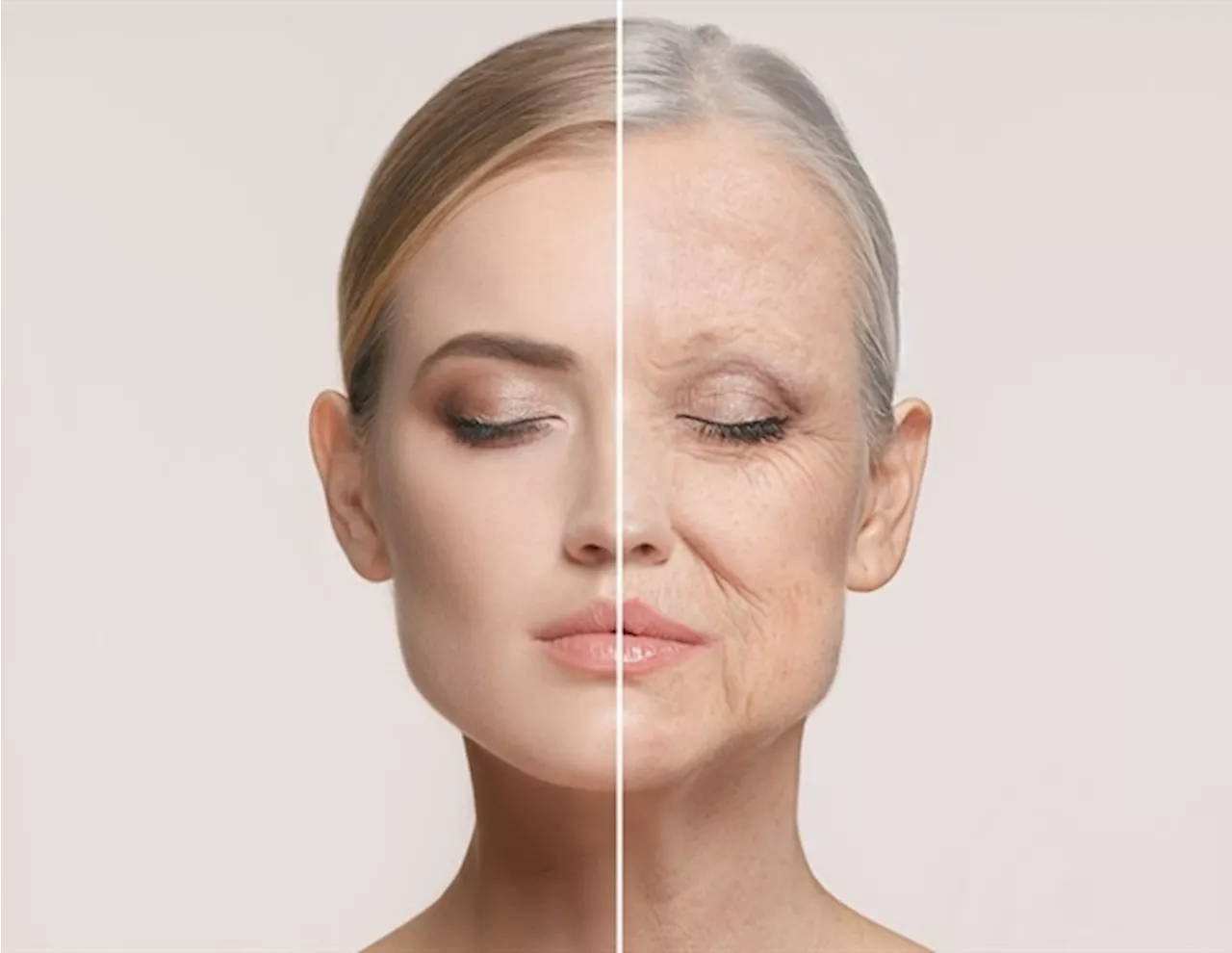A new review was published in Aging (listed by MEDLINE/PubMed as 'Aging (Albany NY)' and 'Aging-US' by Web of Science), on October 29, 2024, Volume 16, Issue 20, titled, 'Brain aging and Alzheimer's disease, a perspective from non-human primates.'
Aging-USNov 20 2024 A new review was published in Aging " and "Aging-US" by Web of Science), on October 29, 2024, Volume 16, Issue 20, titled, " Brain aging and Alzheimer's disease, a perspective from non-human primates."
Alzheimer's affects over 50 million people worldwide, making it crucial to understand how aging impacts the brain. This review sheds light on the differences between humans and non-human primates and reveals that while brain aging in primates involves some structural and protein changes, it does not result in the toxic protein deposits that drive Alzheimer's in humans.
Humans' unique vulnerability to Alzheimer's may be linked to traits that emerged through evolution, including larger brains, longer lifespans, and higher cognitive abilities. These adaptations may have come at a cost, making human brains more susceptible to aging-related damage. The findings also emphasize the value of studying non-human primates to understand why their brains are more resistant to severe aging-related damage. By identifying protective mechanisms in primates, researchers may discover new strategies to delay or prevent Alzheimer's in humans.
Brain Alzheimer's Disease Amygdala Antibody Blood Blood Vessels Cancer Cell Cell Biology Cortex Hippocampus Neurons Protein Research
United Kingdom Latest News, United Kingdom Headlines
Similar News:You can also read news stories similar to this one that we have collected from other news sources.
 Brain aging may hold the key to predicting Alzheimer’s riskResearch reveals advanced brain aging in older adults correlates with cognitive decline and Alzheimer's risk, highlighting the need for early intervention.
Brain aging may hold the key to predicting Alzheimer’s riskResearch reveals advanced brain aging in older adults correlates with cognitive decline and Alzheimer's risk, highlighting the need for early intervention.
Read more »
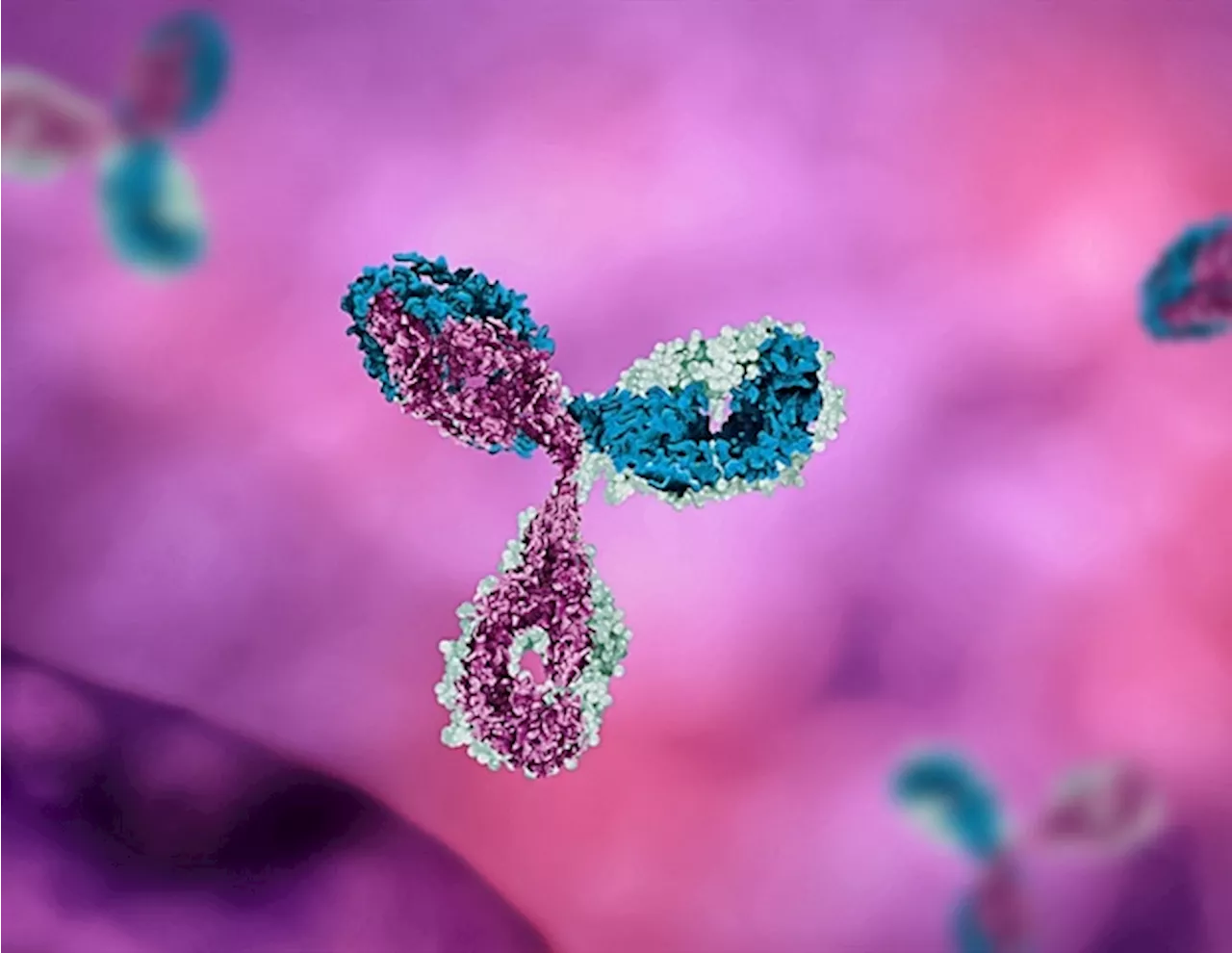 Werner syndrome gene plays key role in maintaining cellular organization and DNA stabilityA new research paper was published in Aging (listed by MEDLINE/PubMed as 'Aging (Albany NY)' and 'Aging-US' by Web of Science), Volume 16, Issue 20 on October 17, 2024, entitled, 'Werner syndrome RECQ helicase participates in and directs maintenance of the protein complexes of constitutive heterochromatin in proliferating human cells.
Werner syndrome gene plays key role in maintaining cellular organization and DNA stabilityA new research paper was published in Aging (listed by MEDLINE/PubMed as 'Aging (Albany NY)' and 'Aging-US' by Web of Science), Volume 16, Issue 20 on October 17, 2024, entitled, 'Werner syndrome RECQ helicase participates in and directs maintenance of the protein complexes of constitutive heterochromatin in proliferating human cells.
Read more »
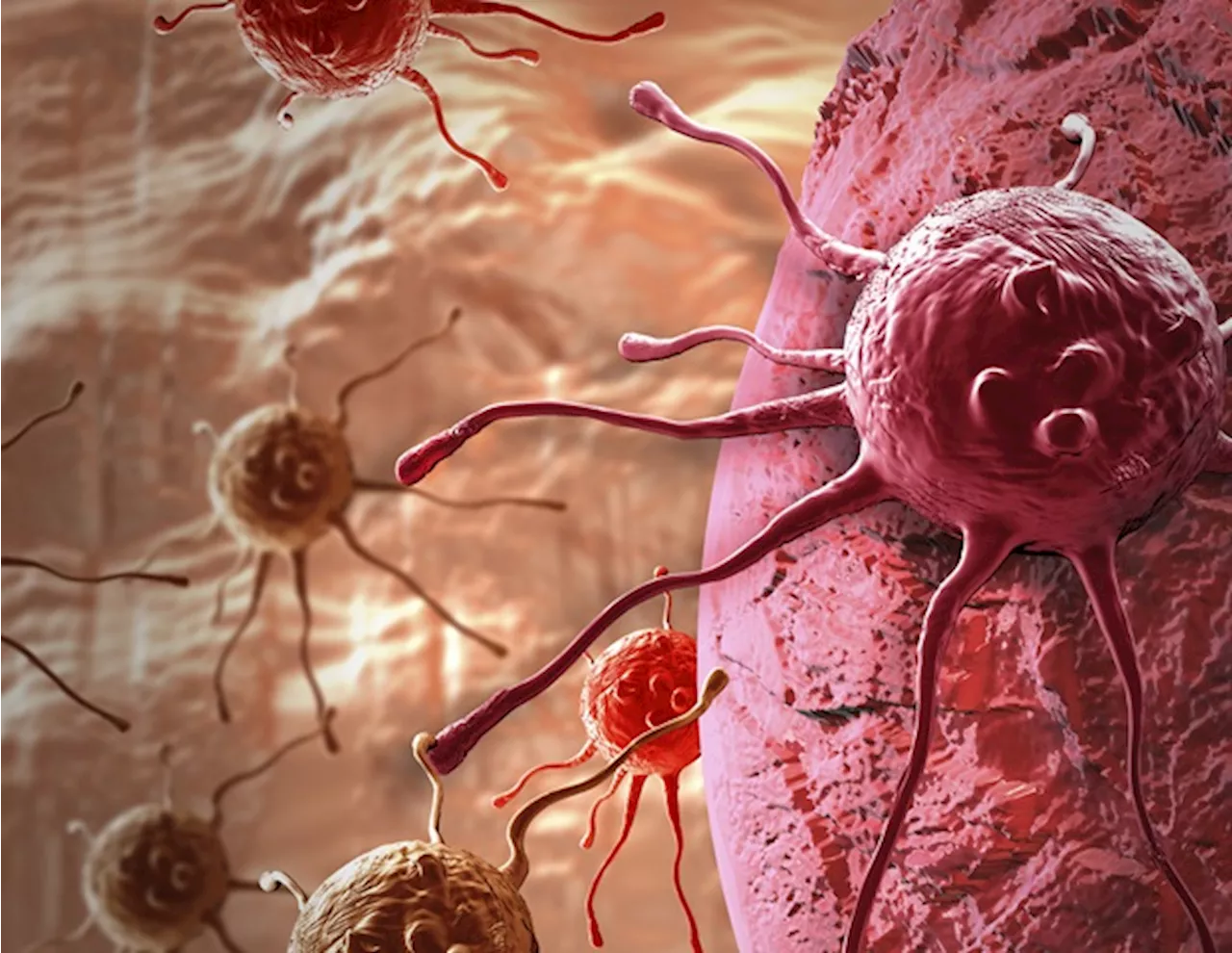 Senolytic agents show promise in mouse model of pelvic organ prolapseA new research paper was published in Aging (listed by MEDLINE/PubMed as 'Aging (Albany NY)' and 'Aging-US' by Web of Science), Volume 16, Issue 19 on September 26, 2024, entitled, 'Use of the senolytics dasatinib and quercetin for prevention of pelvic organ prolapse in a mouse animal model.
Senolytic agents show promise in mouse model of pelvic organ prolapseA new research paper was published in Aging (listed by MEDLINE/PubMed as 'Aging (Albany NY)' and 'Aging-US' by Web of Science), Volume 16, Issue 19 on September 26, 2024, entitled, 'Use of the senolytics dasatinib and quercetin for prevention of pelvic organ prolapse in a mouse animal model.
Read more »
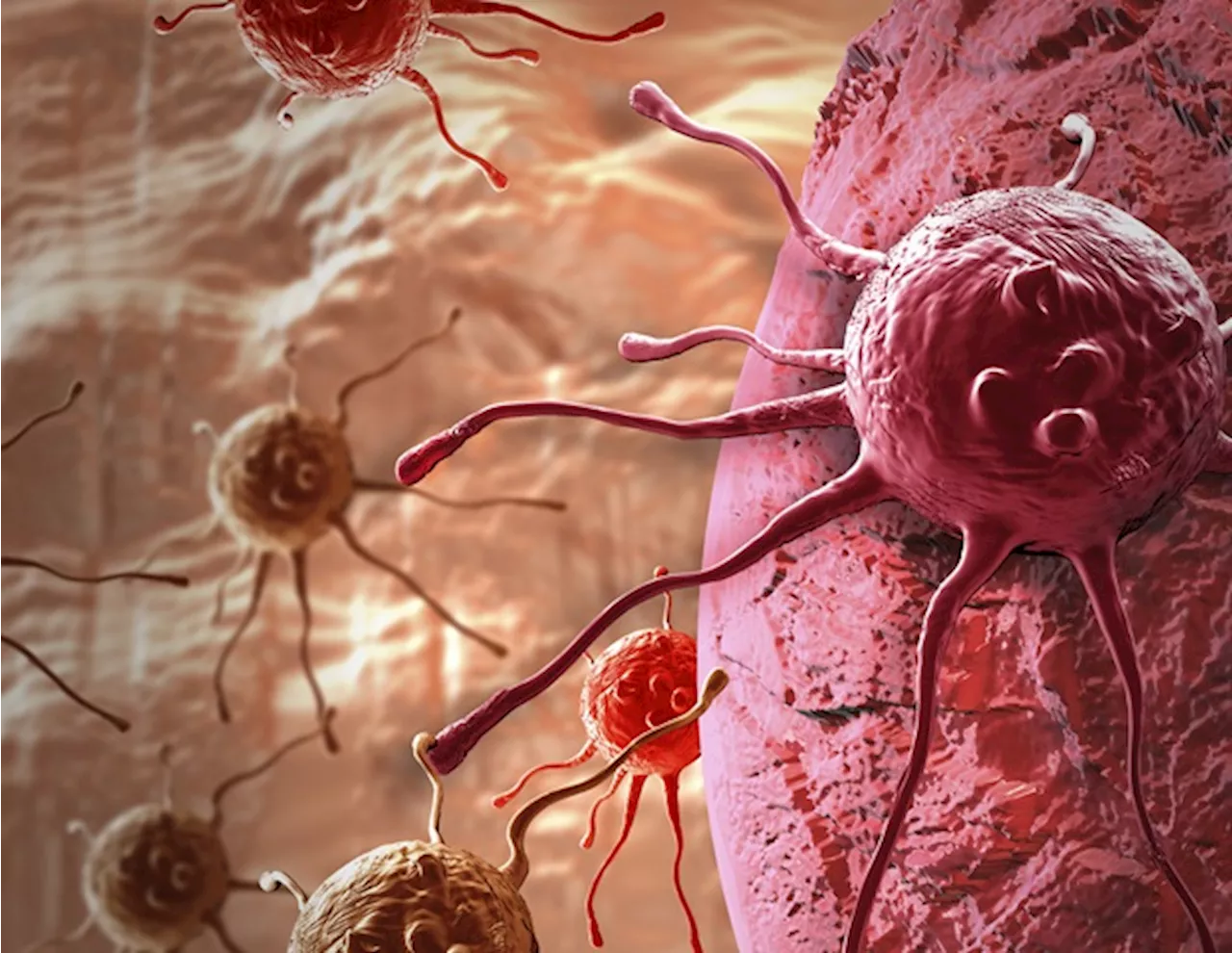 Electronic frailty index validated for predicting health complications in seniorsA new research paper was published in Aging (listed by MEDLINE/PubMed as 'Aging (Albany NY)' and 'Aging-US' by Web of Science), on October 24, 2024, Volume 16, Issue 20, titled, 'Development and validation of an electronic frailty index in a national health maintenance organization.
Electronic frailty index validated for predicting health complications in seniorsA new research paper was published in Aging (listed by MEDLINE/PubMed as 'Aging (Albany NY)' and 'Aging-US' by Web of Science), on October 24, 2024, Volume 16, Issue 20, titled, 'Development and validation of an electronic frailty index in a national health maintenance organization.
Read more »
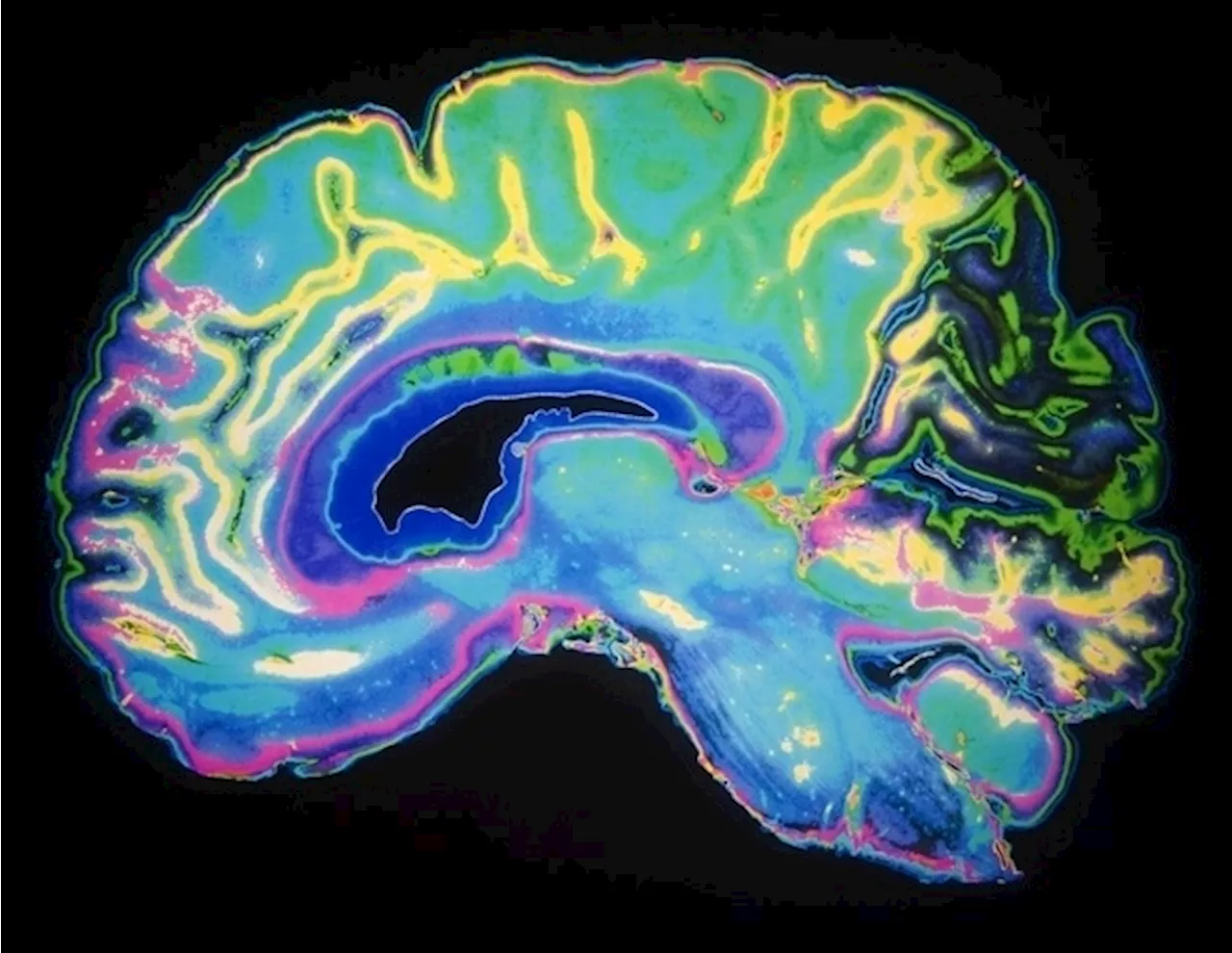 Research uncovers new insights into neuronal aging and rejuvenationWhen a neuron ages, it loses synaptic connections with other neurons, it is less able to transmit nerve impulses, and its metabolism is also altered. This process of neuronal aging — inevitable with the passing of time — is particularly accelerated and becomes a risk factor in neurodegenerative pathologies such as Alzheimer's disease.
Research uncovers new insights into neuronal aging and rejuvenationWhen a neuron ages, it loses synaptic connections with other neurons, it is less able to transmit nerve impulses, and its metabolism is also altered. This process of neuronal aging — inevitable with the passing of time — is particularly accelerated and becomes a risk factor in neurodegenerative pathologies such as Alzheimer's disease.
Read more »
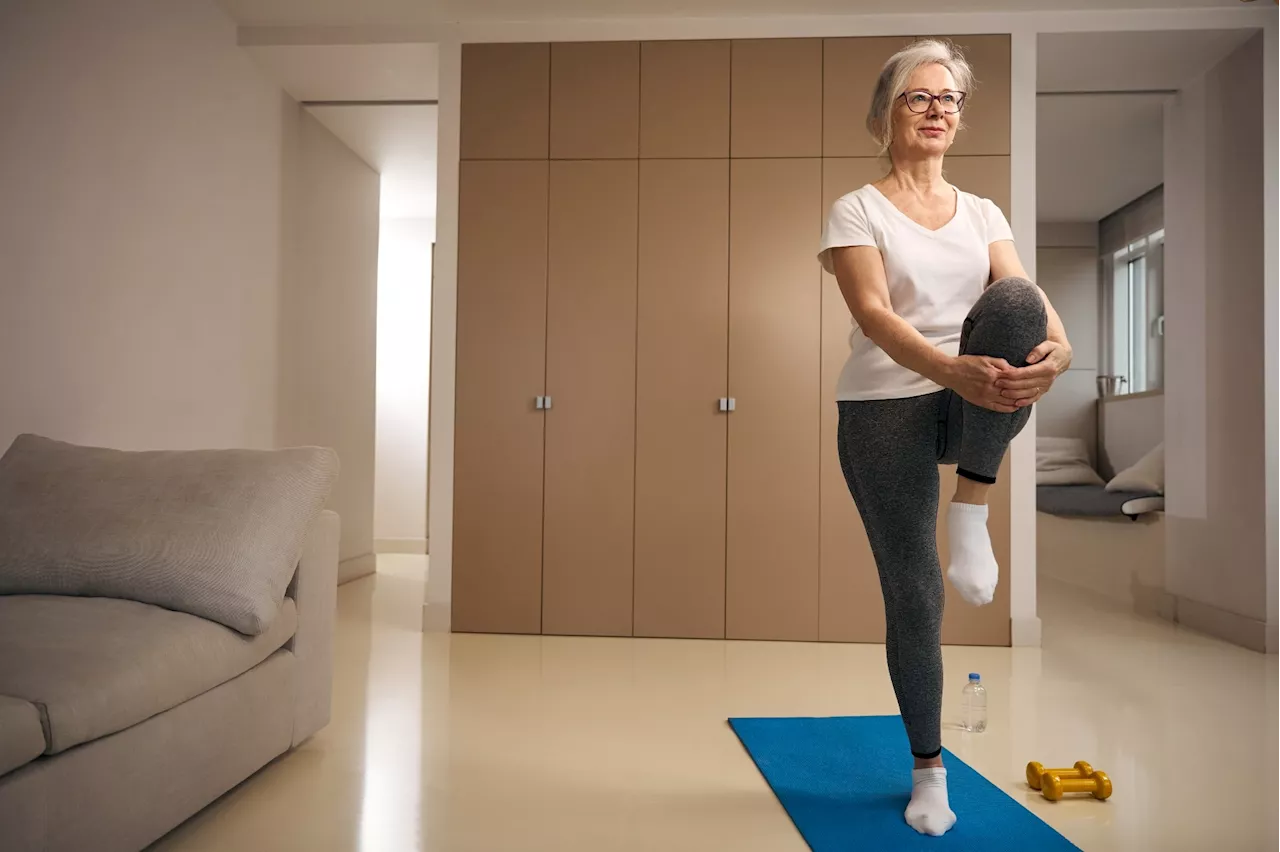 Balance on one leg may be the best indicator of neuromuscular aging, new study suggestsAging significantly affects unipedal balance and strength, highlighting the need for targeted interventions to address neuromuscular decline in older adults.
Balance on one leg may be the best indicator of neuromuscular aging, new study suggestsAging significantly affects unipedal balance and strength, highlighting the need for targeted interventions to address neuromuscular decline in older adults.
Read more »
